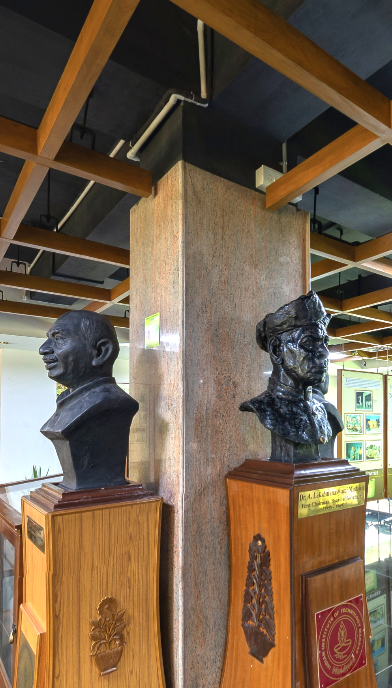-
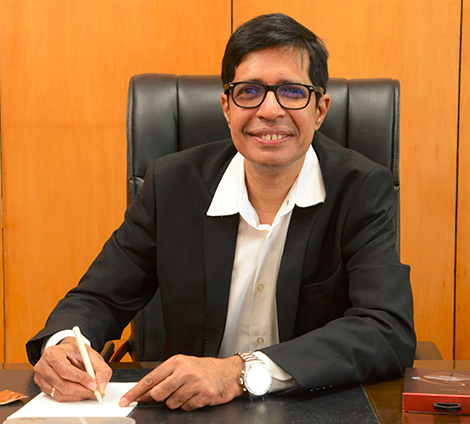
Prof. V. Kamakoti
(2022 to Present)
Read More -
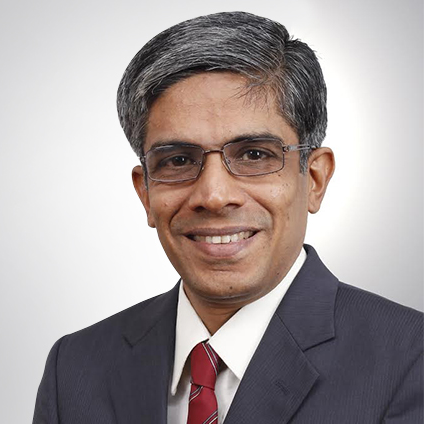
Prof. Bhaskar Ramamurthi
(2011 to 2022)
Read More -
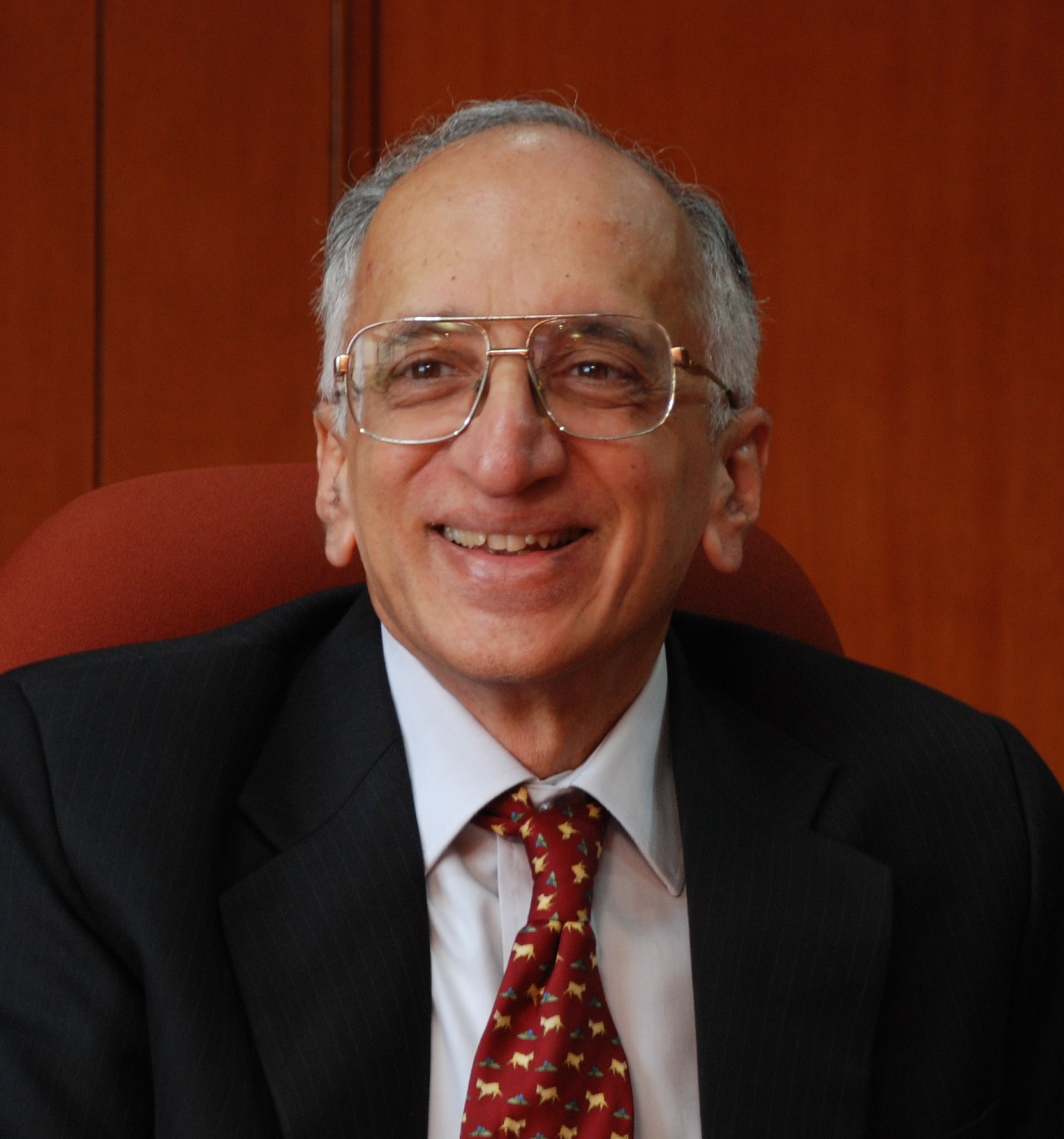
Prof. M. S. Ananth
(2001 to 2011)
Read More -
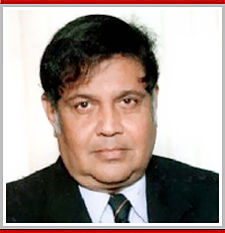
R. Natarajan
(1995 to 2001)
Read More -
Prof. N. V. C. Swamy
(1990 to 1995)
Read More -
L. S. Srinath
(1984 to 1989)
Read More -
Prof. P. V. Indiresan
(1979 to 1984)
Read More -
Prof. R. G. Narayanamurthi
(1977 to 1979)
Read More -
Prof. K. A. V. Pandalai
(1973 to 1977)
Read More -
Prof. A. Ramachandran
(1967 to 1973)
Read More -
B. SENGUPTO
(1959 to 1967)
Read More
- Contribute
to the Centre -
Monetary
Support - Digital
Material

